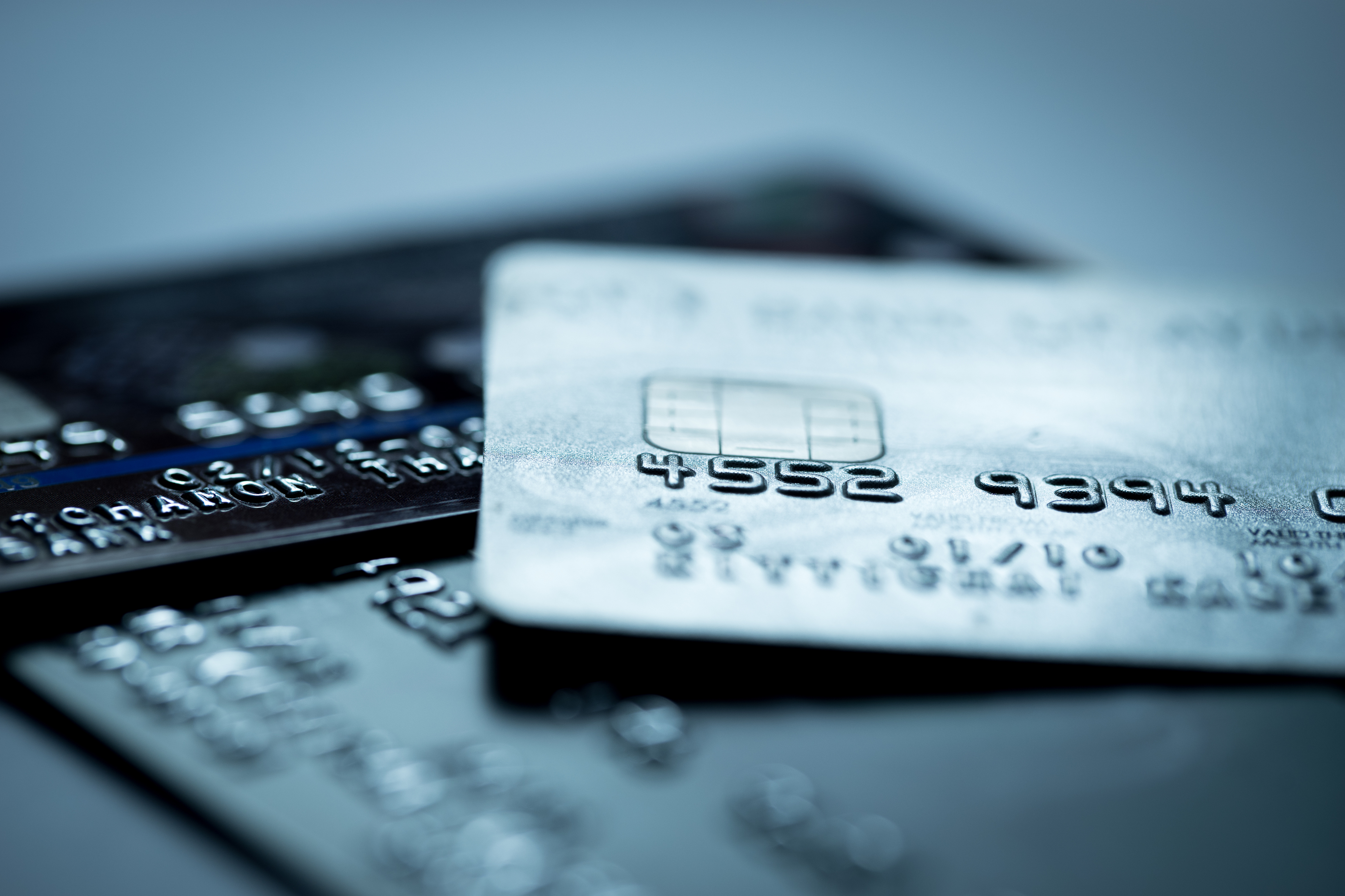
Report the loss or theft of your card immediately so it can be deactivated.
| Call your bank: | |||
| Andbank: +376 739 039 | |||
| Morabanc: TELEBANC +376 884 884 | |||
| Creand: +376 888 700 |
- Notify the police immediately in order to file a claim for compensation in case of fraudulent use.
- Review the movements in your account periodically to prevent unlawful charges.
ADVICE FOR PROTECTING YOUR CARDS
Using cards to make purchases in shops:
-
- Remember that you must sign the back of the card in order for it to be valid.
- Do not let the card out of your sight when making a payment.
- Show your ID when making the payment.
For online card purchases:
When making purchases online we recommend that you use websites that have virtual TPVs with Verified by Visa or MasterCard Secure Code technology.
For ATM operations:
- Do not enter your secret number if there is anyone very close to you.
- Do not leave any documents with your bank account details or your credit card numbers at the ATM.
- If the ATM retains the card for no apparent reason and/or you observe any anomaly, immediately inform the bank that owns the ATM.
TIPS TO AVOID PHISHING
Phishing attacks involve sending SMS messages impersonating the identity of banks, with the aim of fraudulently obtaining online banking credentials.
If you receive a message asking you to enter your bank’s website, you must delete it immediately and under no circumstances access the link. However, if someone has clicked on the link and entered their details, they should proceed as quickly as possible to change their online banking passwords and contact their bank’s customer service department.
Banks remind you to always be very careful and never enter your data at the request of an e-mail or SMS. Banks never ask for data by these means. The data only has to be entered when the customer enters their secure online banking page or app.
Signs of suspicion
Some signs of suspicion of these messages may be that they are not addressed in a personalised way to the recipient, that they use colloquial language or that they try to convey urgency in order to push the user to enter their data quickly. For this reason, it is very important not to fall into the trap and if you have any doubts, it is recommended that you call the contact telephone number of the customer’s institution to confirm whether the message is safe.
Social engineering
Cases of theft and fraud are carried out through social network accounts, WhatsApp or SMS that the person receives directly, whether or not they are a customer of the institution. The operation takes advantage of the good faith of people who click on the link and give their data.
Phishing attacks affect bank customers but also other companies and institutions in the country. It is recommended to be alert to warnings sent by banks, the police and other companies to be on the lookout for possible cases of phishing.

